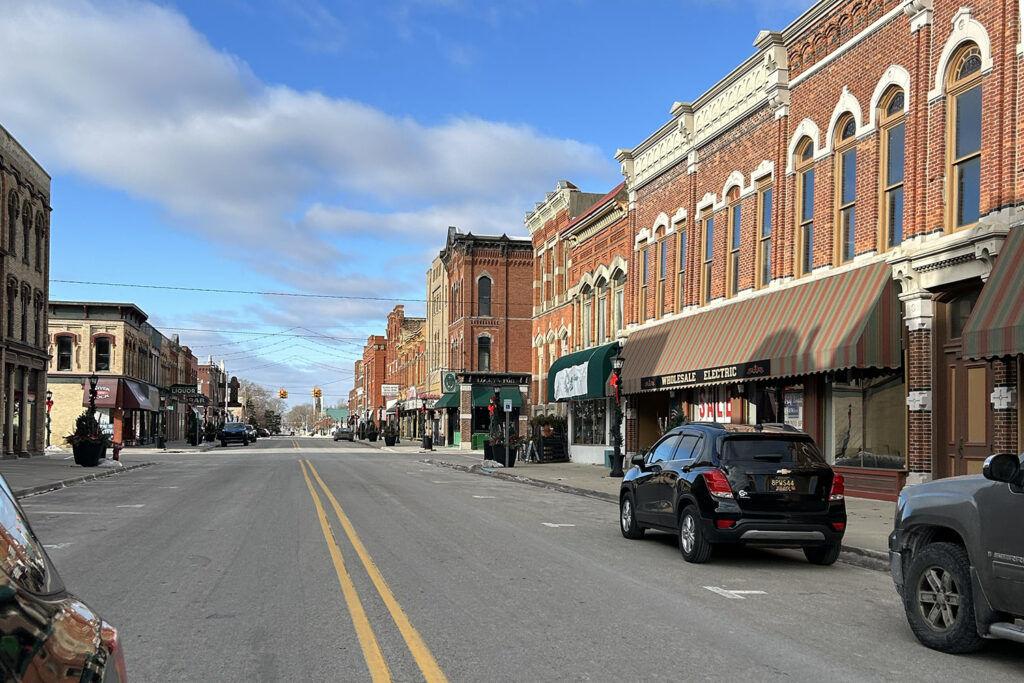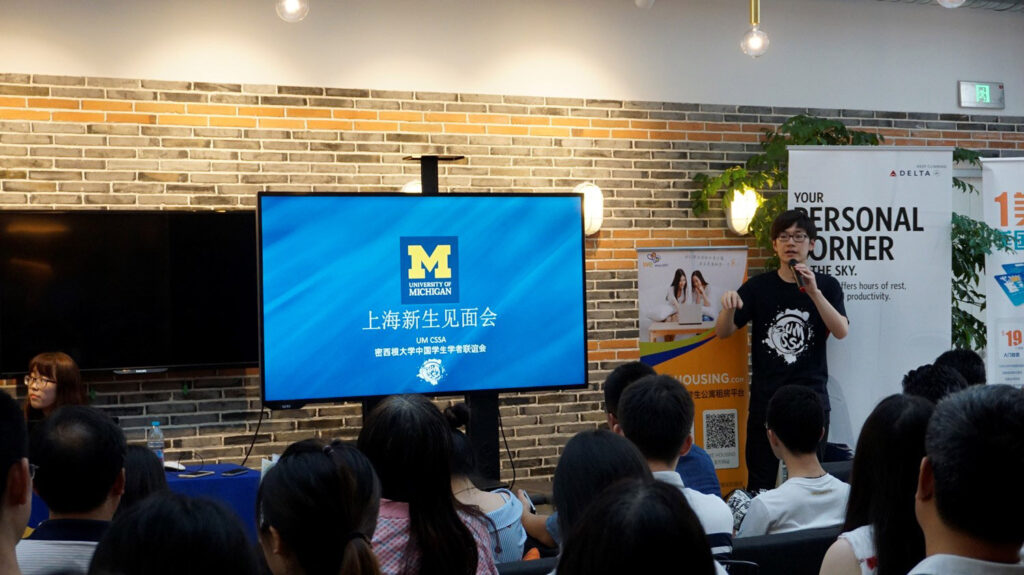When people speak of academia, you rarely hear them mention fear. A primal fear of exile, of being cast out of the tribe, of seeing your life’s work, your position and status melt before you in one fell swoop. Yet it’s precisely this fear that drives the current state of academia in Michigan. Fear and animus, a profound resentment of the non-conformists—you’re either with us, or you’re against us, professor.
I experienced it myself during my few years as a professor at a small Michigan college. My colleagues were deeply afraid of the political climate on campus, fearful that being on the outside of it threatened their careers and livelihoods. It dominated almost every conversation, among those you could trust. You couldn’t have a drink in a bar or go to a dinner party without talking about it, constantly wondering whether the secret police were listening in. I didn’t quite believe it, until I watched one colleague drummed out of his job for, in my opinion, simply being an ambitious white man with vision. My turn for the chopping block came as well, subject to a tie vote for promotion, which fell conveniently along political lines.

They often were listening, in fact. The apparatchiks. The commissars. The true believers, if you will. You had to watch what you said in every conversation. The DEI bureaucrats, the administrators, and the faculty that willingly and enthusiastically endorse and further their mission. In a way, you have to respect them. They’re honest. They believe in a cause, they believe in their ideology, and they take whatever measures necessary to further it.
This same college felt the sting of an internal scandal a few years back, as a group of leftist faculty were revealed to have formed a sort of secret club, the “Super Friends,” and had coordinated their efforts to swing the college their way politically for the better part of a decade. They forgot, however, that the college could read their internal emails. No one was fired, in the end, but it caused quite the stir internally, as the administration and other faculty began to reckon with the fact that they’d been manipulated.
There was no reportage of this event, no public acknowledgement, no external scandal. I arrived the year after it happened, and heard about it in whispers from some colleagues after a few cocktails. Mostly they were astonished at how effective these activists had been, how long it had gone on, despite their sheer incompetence. How could they pull this off, when they’re stupid enough to use their college emails to organize the whole thing? How can the administration be so feckless and just sweep it under the rug? They seemed to finally understand the gravity of their predicament, and precisely how this intrigue had worked against them.
People hear of the ideological swing of academia, the near-universal leftist bend, the absurd policies of these movements which seem to change form every year. They ask, genuinely wondering, how did this happen? Well, it’s simple—they organized. They made their long march through the institutions, chipping away year after year. Successive generations of true believers within the faculty organized themselves, ensuring they sat on the right committees, especially hiring committees, slowly moving the needle every semester. Do that for a few decades, particularly when your opponents have no real idea it’s even happening, and you’re left with the ideological ubiquity you have today.
Hiring committees in particular are crucial for this. One must ensure that new faculty members are ideologically sympathetic, or at least cowardly enough to appear so, playing the game to further their careers. This manifests in the obtuse system of academic hiring from the onset, with applicants required by nearly every college in the state to submit a formal “Diversity Statement,” publicly committing to woke race theory and demonstrating actions they’ve personally taken to further it. If a candidate is selected to interview, they’ll quickly find that half the interview questions have to do with DEI, asking how they’ve furthered the movement, integrated it into their curriculums, educated students on it, etc. Dig below the surface and you’ll even find committee members who openly speak about not wanting to hire white men.

Some faculty have decried these statements and questions as nothing more than ideological litmus tests, unfair and immoral demands that new faculty conform to a particular belief system. They’re right, of course, but note who the critics are—older, tenured or emeritus faculty, unable to be fired, with little to lose. You’ll be hard pressed to find a junior faculty member, one going up for tenure in a few years, who is willing to speak critically on the issue. Doing so would be career suicide. You’re a heretic, and your chances of moving up the academic ladder become absolutely zero once you’re branded as such.
Faculty have long been superseded by legions of bureaucrats and administrators anyways. There’s an army now! U-M alone, in an analysis conducted by a professor emeritus (who, of course, has nothing to lose) was found to employ more than 300 staff dedicated to advancing DEI at a cost of $30+ million annually. One can’t look at this from the financial cost alone, exorbitant and wasteful though it is, but must also see it for how it functions—to limit, control, and regulate ideological discourse at the college. To enforce conformity and ensure adherence to its goals.
No wonder faculty feel afraid, even those who might be generally sympathetic to the movement. Considering how the DEI goalposts seem to shift rapidly by the day, one never knows when one might be caught unwittingly on the wrong side of things. Especially with certain wars happening in the Middle East right now… there’s a brutal civil war within many academic departments.
Past compliance, of course, counts for nothing against future transgression, and there’s a well-paid army of bureaucrats watching over you, and true believers down the hall ready to turn you in. You’re monitored, you’re afraid, your career is on the line, if you’re lucky enough to have one. Better to play the game, and many do. Talk to them candidly, however, and they’ll tell you they’re scared.
Bobby Mars is an artist, alter ego, and former art professor. Follow him on X at @bobby_on_mars.



